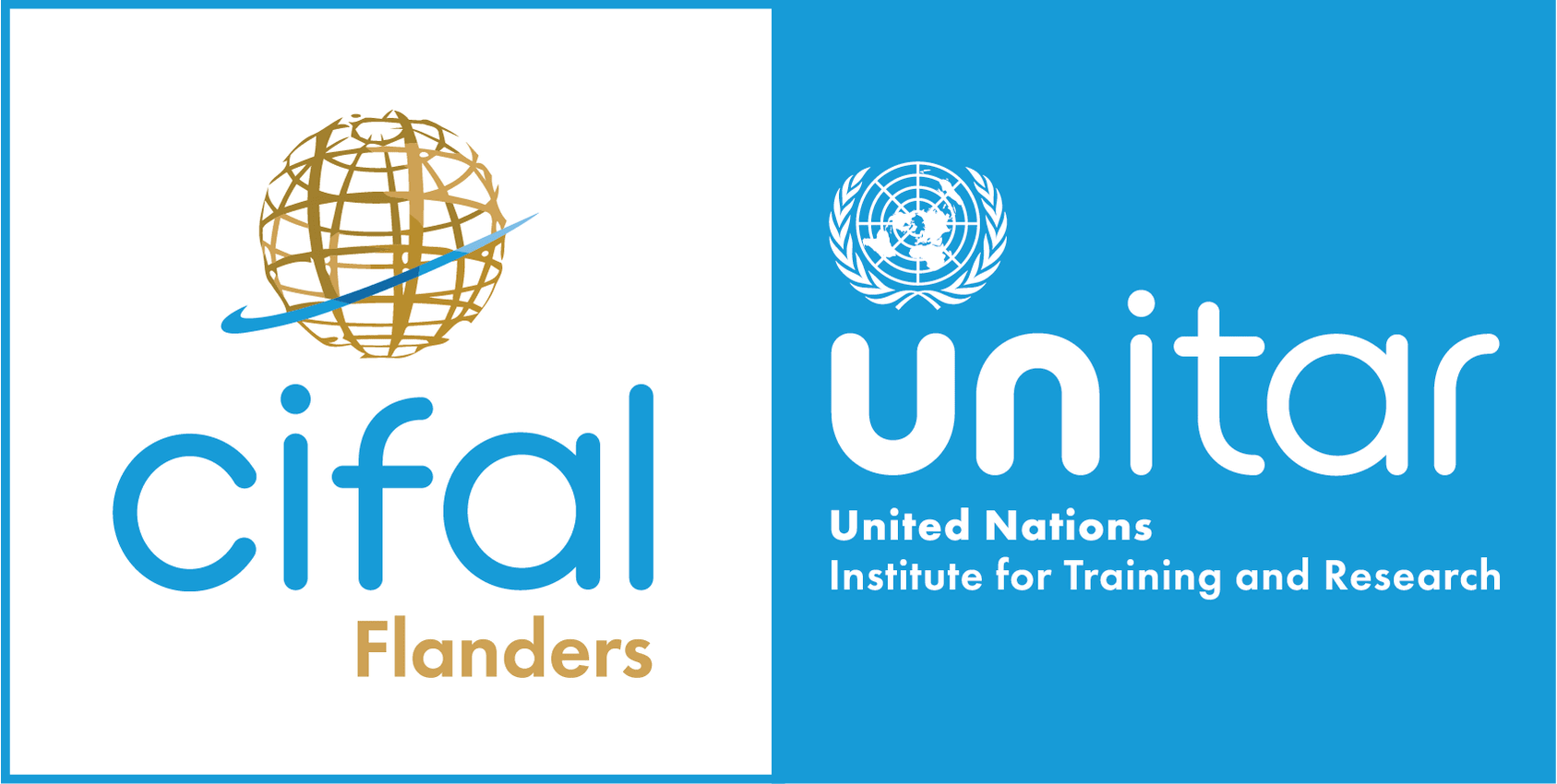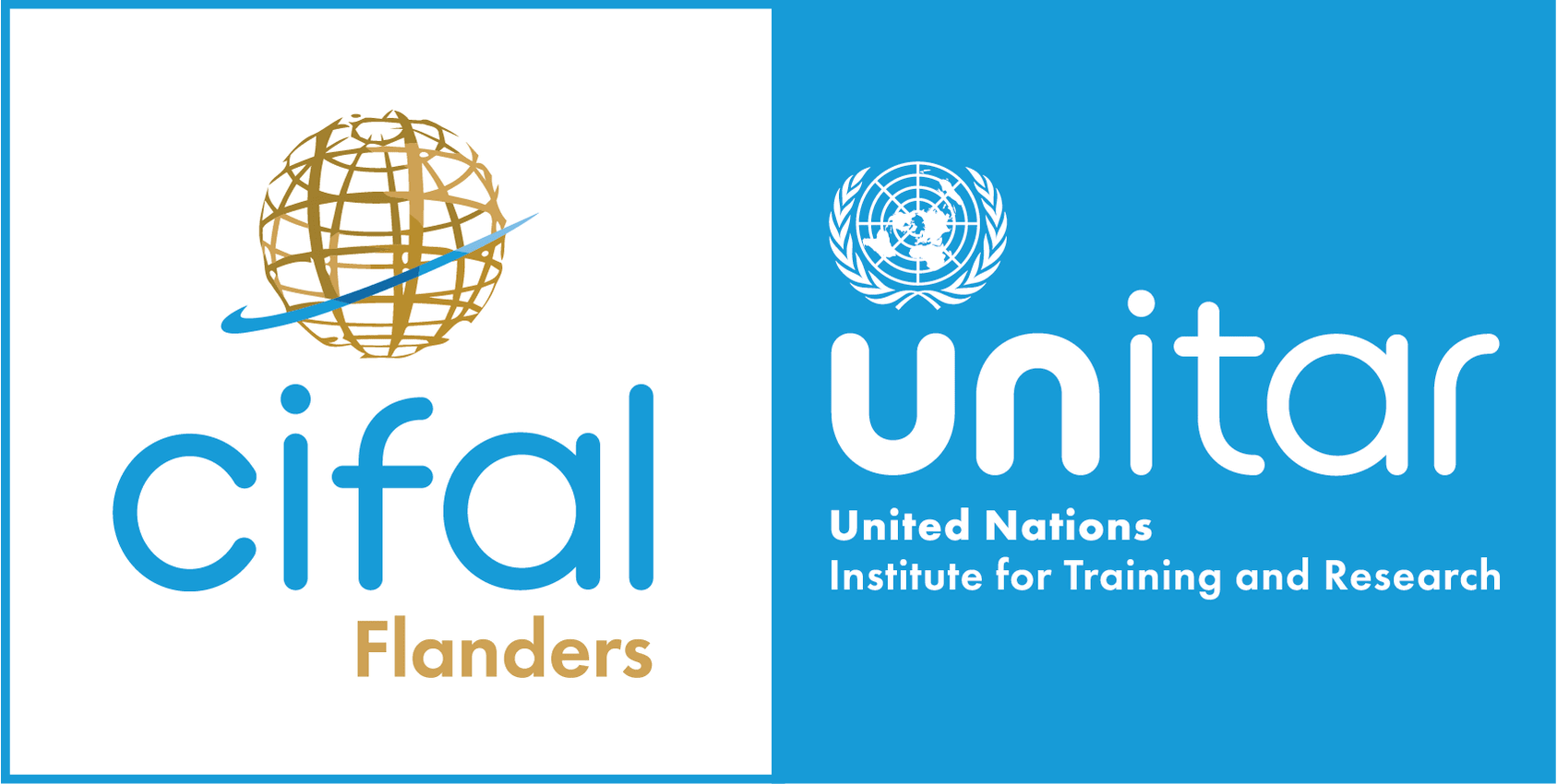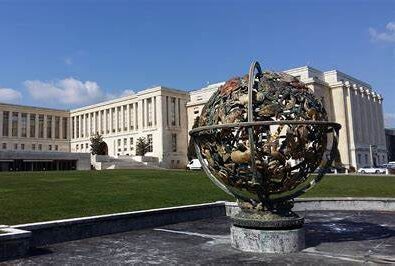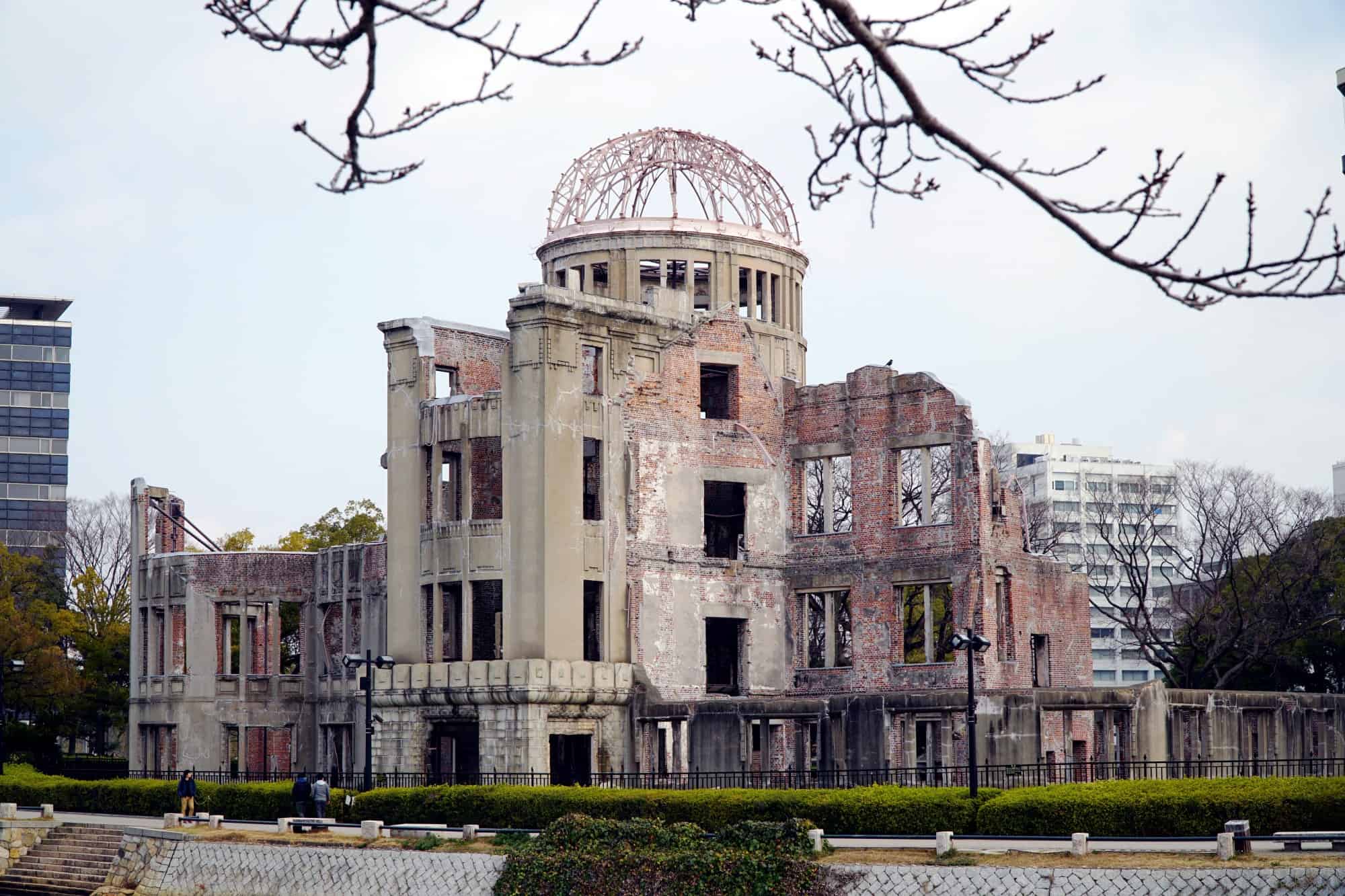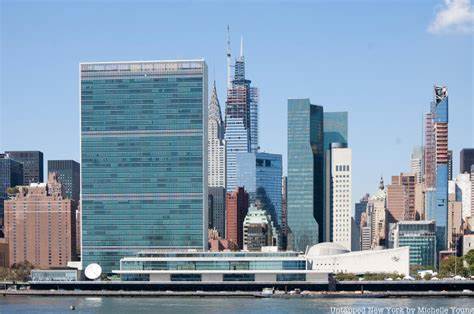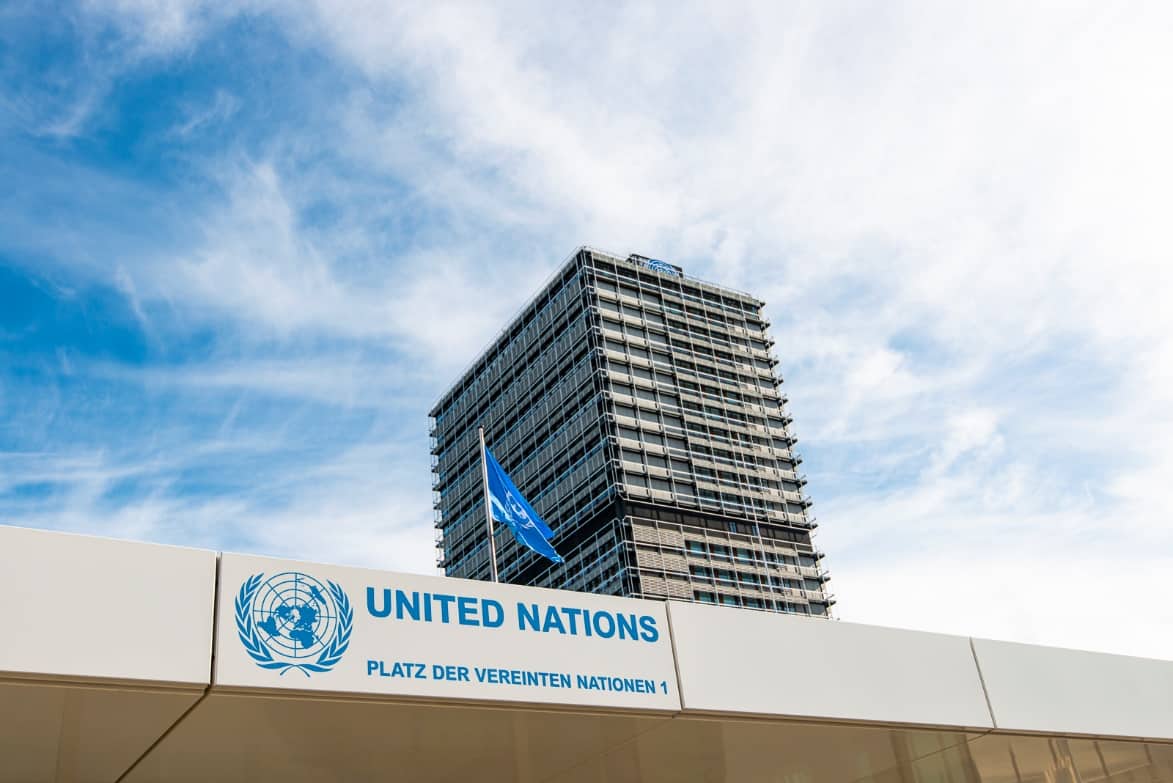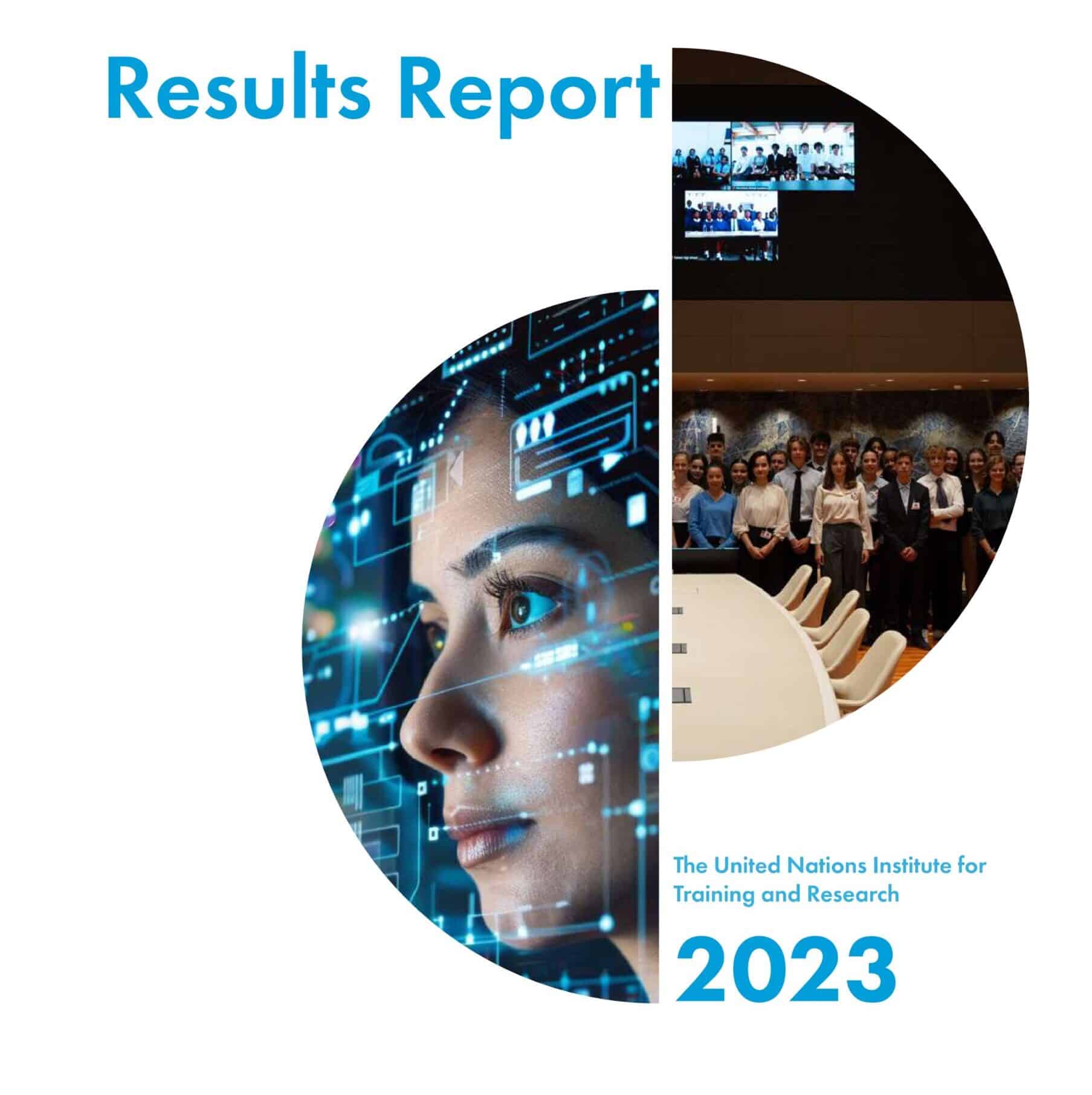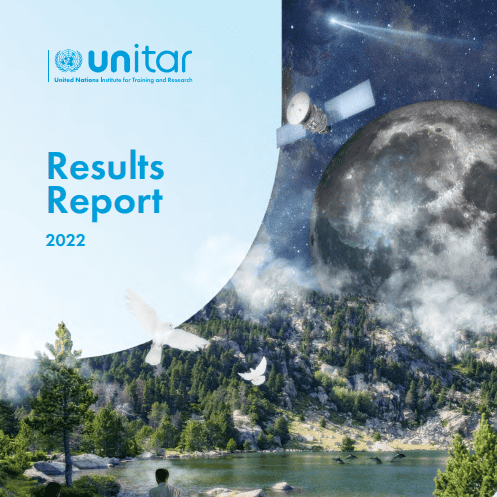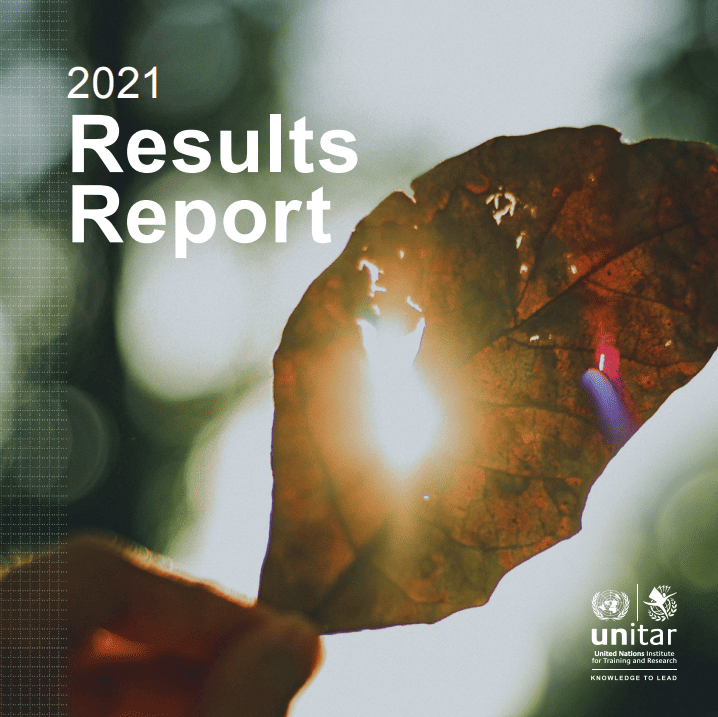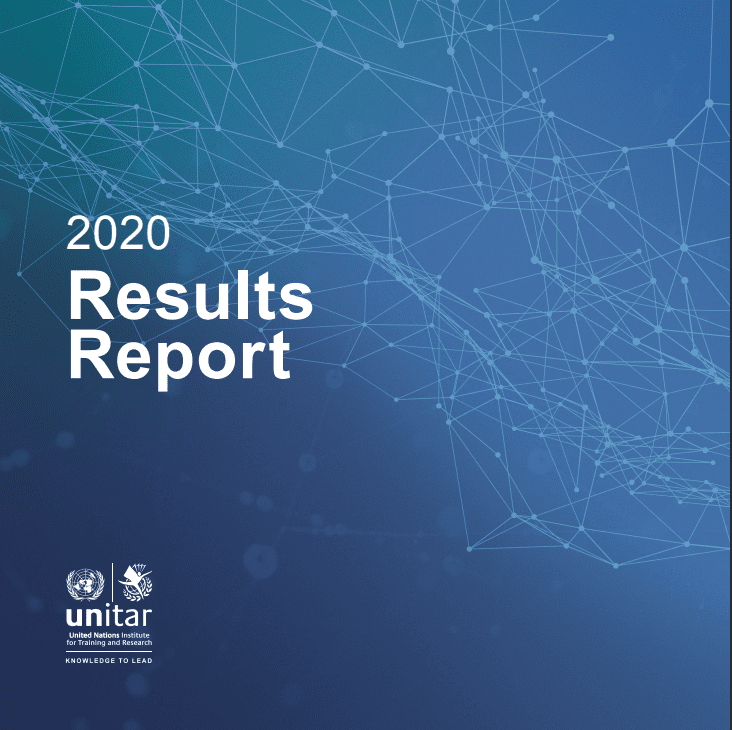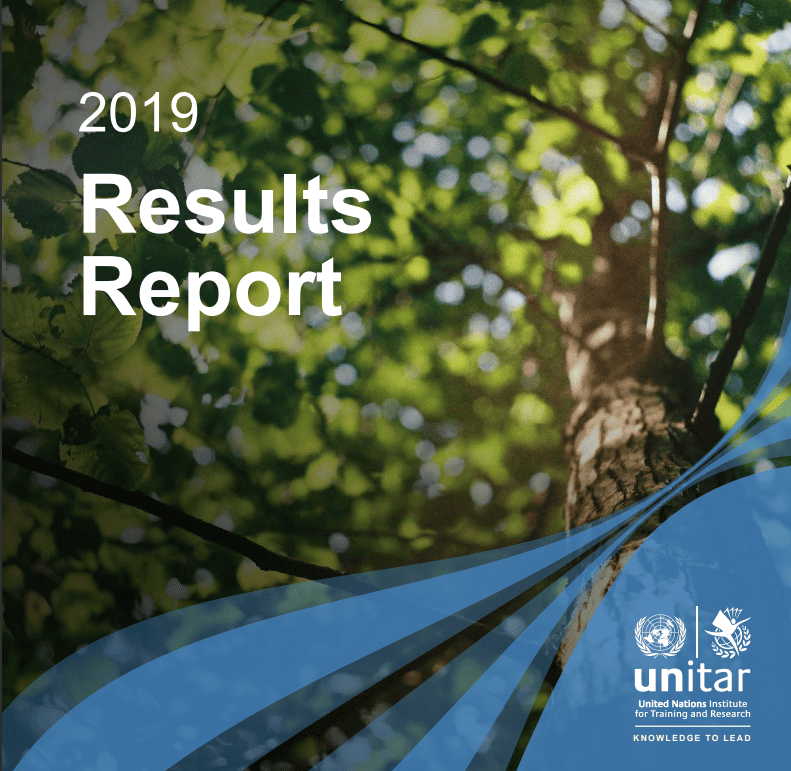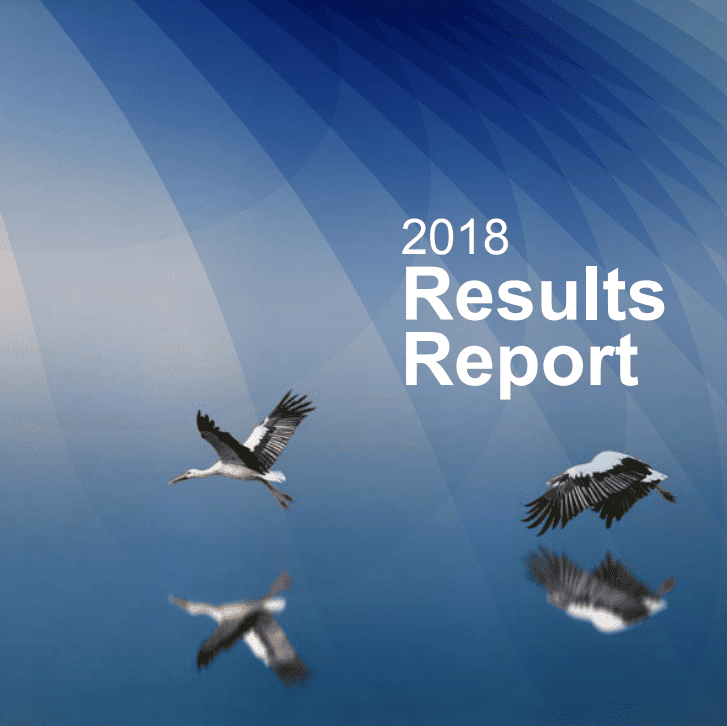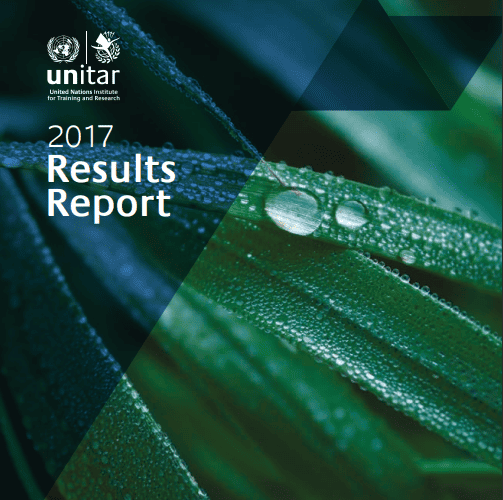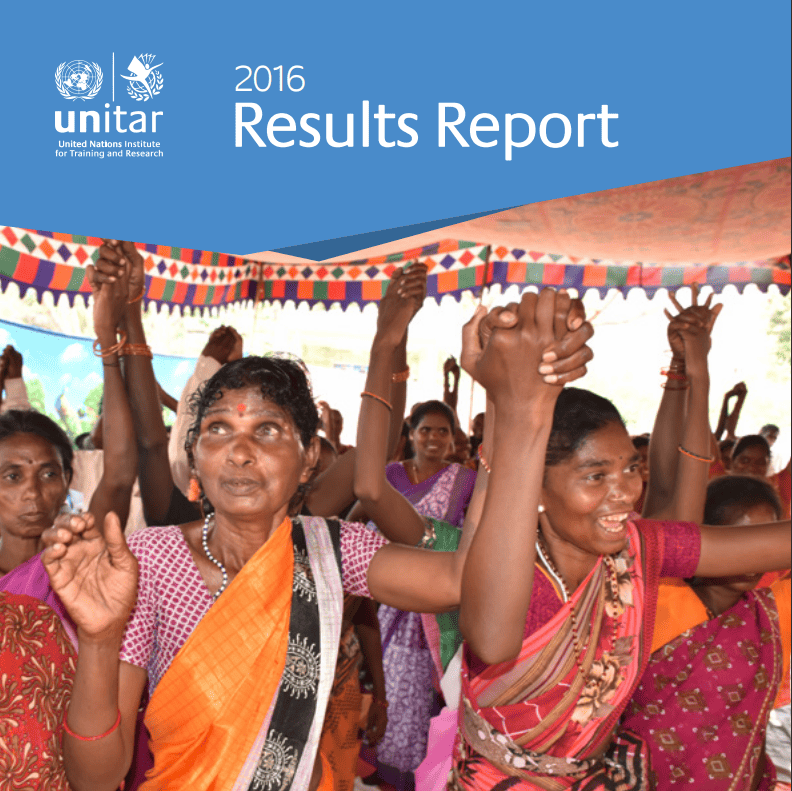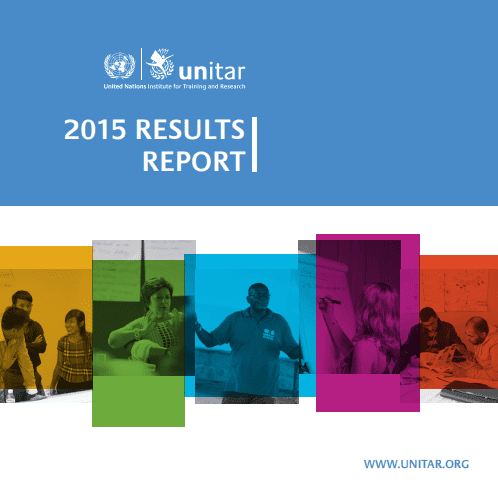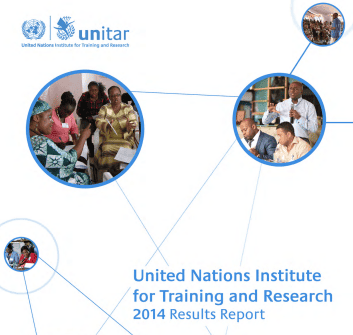Affiliated with UNITAR
The United Nations Institute for Training and Research ( UNITAR) is a training arm of the United Nations System, annually engaging around 500,000 beneficiaries through nearly 1,300 capacity development and research activities worldwide. It empowers individuals, governments, and organisations to address contemporary global challenges effectively.
UNITAR’s mission is to develop the capacities of individuals, organisations, and institutions to enhance global decision-making and support country-level action for shaping a better future. Its training primarily targets delegates to the United Nations and national change agents who translate global agreements into action at the national level. Its strategic framework aligns with the 2030 Agenda, leveraging the Sustainable Development Goals (SDGs) as guiding principles to enhance global impact. This approach emphasises integration, focusing on four thematic pillars: Peace, People, Planet, and Prosperity to drive country-level actions. Additionally, operations extend across various thematic areas, including strengthening multilateralism, promoting economic development and social inclusion, advancing environmental sustainability, and fostering sustainable peace.
The Social Development Programme in the Division for People and Social Inclusion focuses on building inclusive societies. This division offers training, technical assistance, and knowledge-sharing to enhance the abilities of government authorities and policymakers in crafting and executing social inclusion strategies across areas like education, health, safety, employment, and decision-making.
CIFAL Flanders, as part of UNITAR, occupies a unique position as an UN-embedded organisation, working with global agendas and core texts like the 2030 Agenda for Sustainable Development. This role enhances its ability to adhere to these international standards, offering education and capacity-building initiatives that effectively integrate sustainable development goals into local frameworks. UNITAR is governed by a Board of Trustees and led by an Executive Director. The institute is funded entirely by voluntary contributions from governments, intergovernmental organisations, foundations, and other non-governmental sources.

